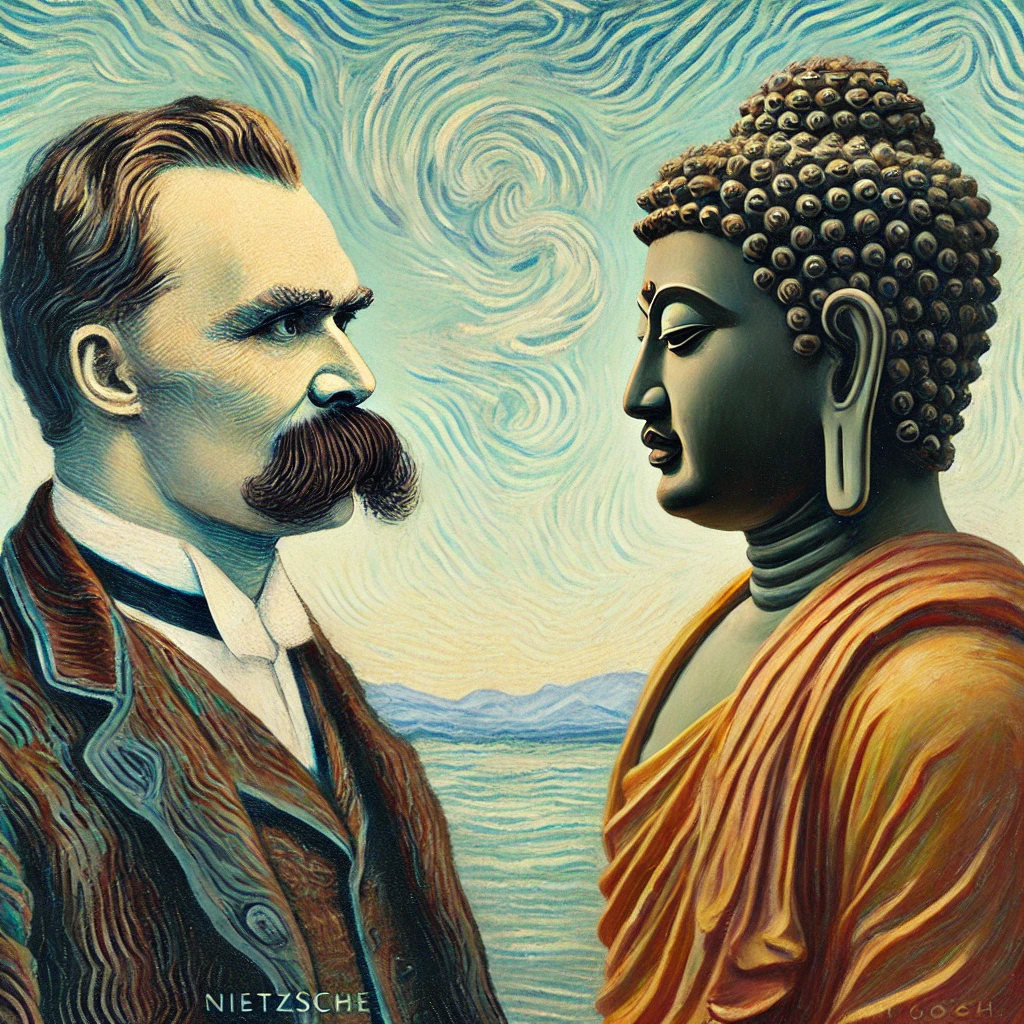
Published on September 30, 2024
An analysis of the normative limitations of Nietzschean ethics contrasted with Buddhist perspectives, exploring the implications for societal standards and moral responsibilities.
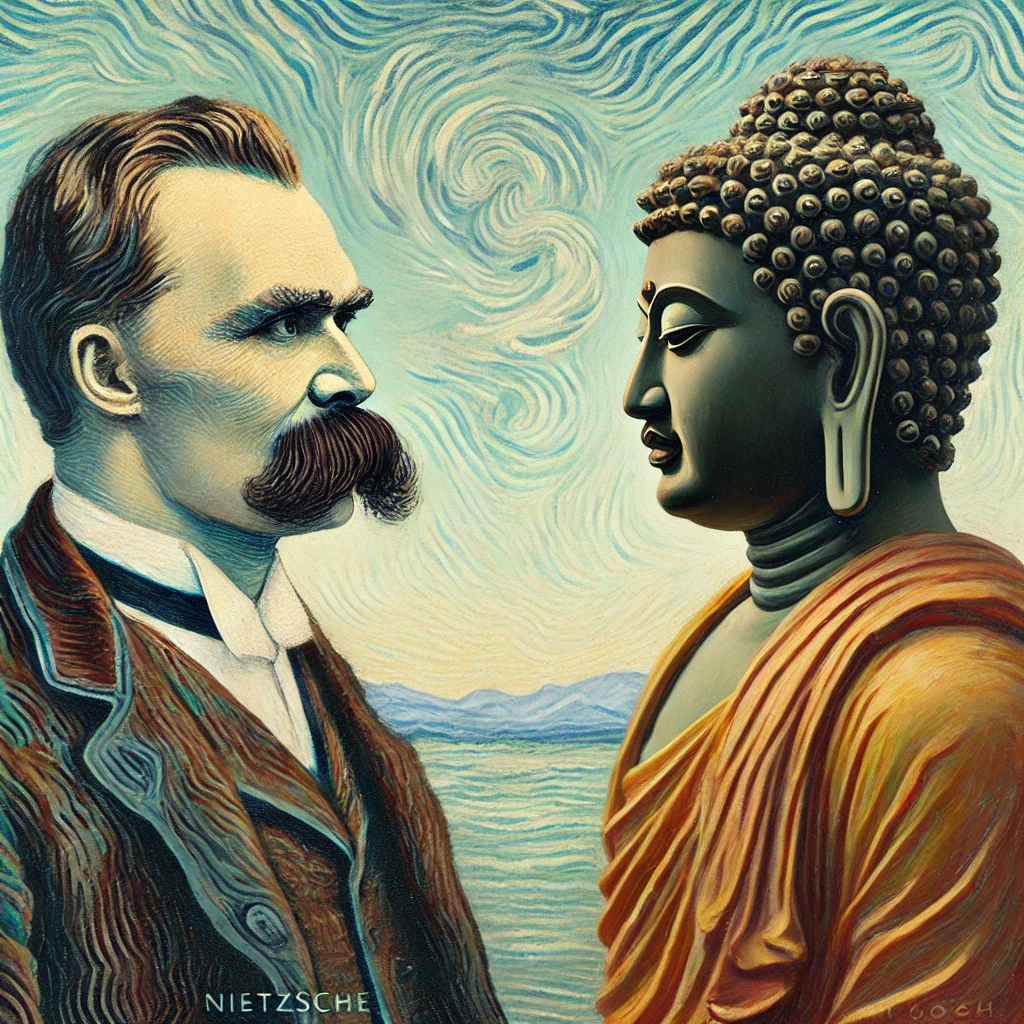
Published on September 29, 2024
A critical examination of Buddhism's approach to life through the lens of Friedrich Nietzsche's philosophy, highlighting the contrasts between detachment and the embrace of life's struggles.
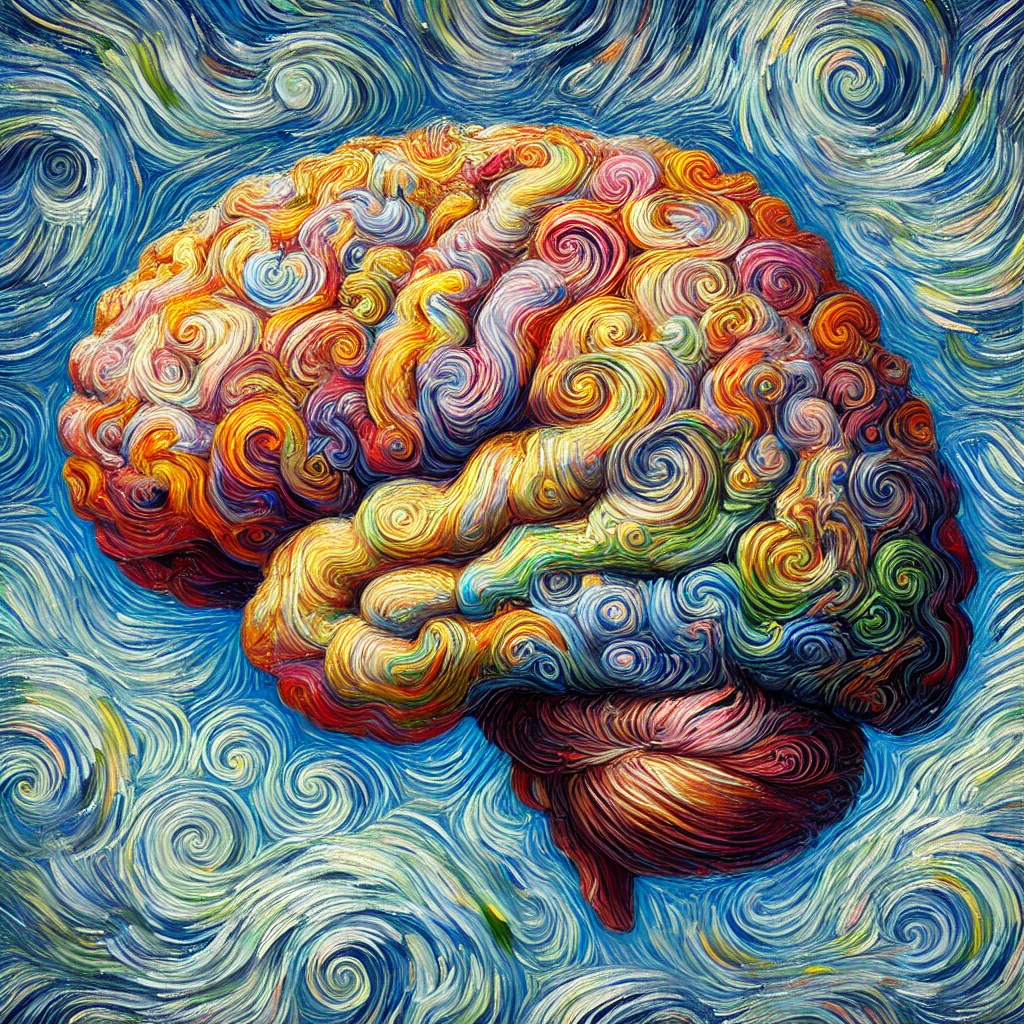
Published on September 27, 2024
The Triune Brain Model explains how the Reptilian Complex, Limbic System, and Neocortex interact to shape emotions, cognitive functions, and behaviors, supported by real-life examples and practical strategies.

Published on September 26, 2024
Democracy, by embodying liberty, equality, and fraternity, promotes mental health through supporting personal autonomy, reducing social disparities, and fostering social cohesion.

Published on December 13, 2023
An exploration of the marketing mix, including the Four Ps and Seven Ps, and how to adapt, implement, and evaluate them in various business contexts.

Published on December 11, 2023
A detailed analysis of how game theory is applied in marketing to predict competitor actions, influence consumer behavior, and shape strategic decision-making across various business environments.

Published on November 12, 2023
A guide on how to access, understand, and critically evaluate scientific studies to make informed, evidence-based decisions in an era of information overload.

Published on November 10, 2023
An exploration of the parallels between addiction and fascism, highlighting their shared roots in desperation and powerlessness, as well as the importance of vigilance, sobriety, and freethought in preventing both personal and societal collapse.

Published on November 06, 2023
A critique of the rigid notion of "laws of nature," suggesting that they are provisional models shaped by human desire for order, continuously revised as science uncovers new uncertainties and complexities in the natural world.

Published on November 01, 2023
An exploration of the Brand Identity Prism, a model that helps brands shape their identity by addressing facets such as visual presence, audience relationships, personality, and values, to create deeper emotional connections with consumers.

Published on October 29, 2023
A reflection on how applying Socratic questioning to marketing encourages deeper insights, critical thinking, and more meaningful engagement with audiences, ultimately leading to more effective and lasting campaign strategies.

Published on October 27, 2023
An exploration of the parallels between physics and digital marketing, highlighting how mathematical models, algorithms, and experimental processes from physics can optimize marketing strategies, while marketing introduces empathy to predict and influence consumer behavior.

Published on October 24, 2023
An introduction to Obsidian, a note-taking app that transforms how users organize thoughts, create interconnected knowledge networks, and maintain privacy through local storage, offering a dynamic and secure way to manage information.

Published on October 22, 2023
An explanation of the FCB Grid, a model that categorizes consumer behavior into four quadrants—Informative, Affective, Habitual, and Satisfaction—based on involvement and emotional or rational thinking, offering insights for tailoring advertising strategies to different product types and consumer psychology.

Published on June 04, 2019
An analysis of the compatibility between the Buddhist doctrines of no-self, Nirvana, and reincarnation, examining how the doctrine of no-self creates logical challenges when reconciled with the concepts of attaining Nirvana and undergoing reincarnation.

Published on September 12, 2021
An overview of the evolution of the dialectical method in Western philosophy, from Socratic questioning to Marxist dialectical materialism, and the critiques of this approach by philosophers like Karl Popper and Mario Bunge.
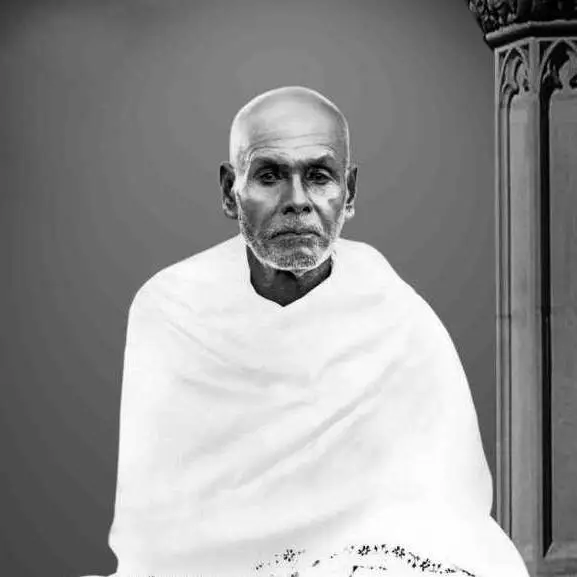
Published on September 11, 2021
An exploration of the humanism of Narayana Guru within the context of the Kerala Renaissance, emphasizing his intellectual and activist efforts to dismantle caste identity and promote equality, akin to the European Renaissance but rooted in the unique Indian social landscape.

Published on October 28, 2016
A playful attempt at rhyme and word association, evolving into a reflection on societal issues like power, greed, and destruction, while also introducing the concept of Radical Ecological Democracy (RED) as an alternative development framework for India.

Published on August 19, 2016
An argument against the coherence of free will, discussing how thoughts arise without conscious control, the influence of cause and effect, and neuroscientific evidence like Libet's experiments, while also addressing the implications for moral responsibility and justice.
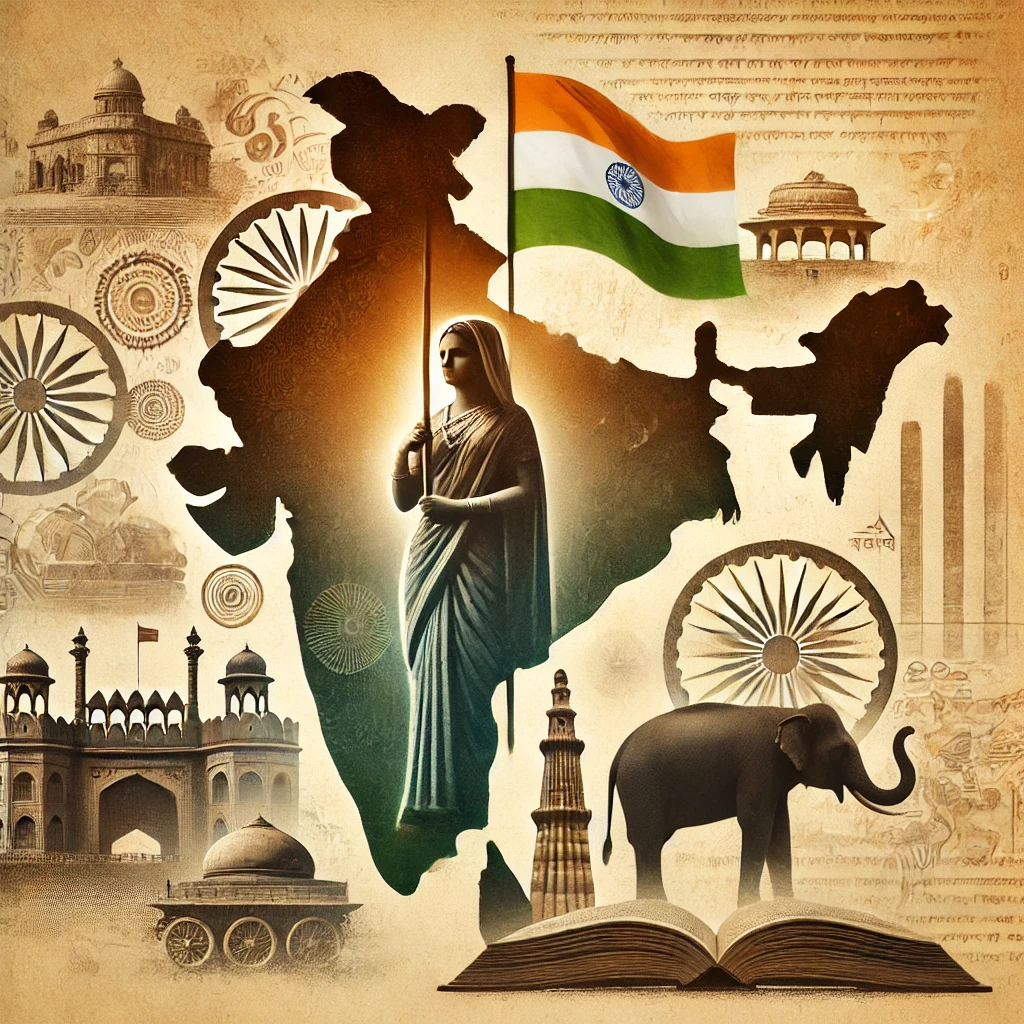
Published on August 15, 2016
An exploration of how historical and modern ideas of India were shaped through stereotypes and imagined constructs, from early foreign travelers to nationalist figures like Savarkar and Nehru, and how these ideas have influenced perceptions of India's identity and development.



















